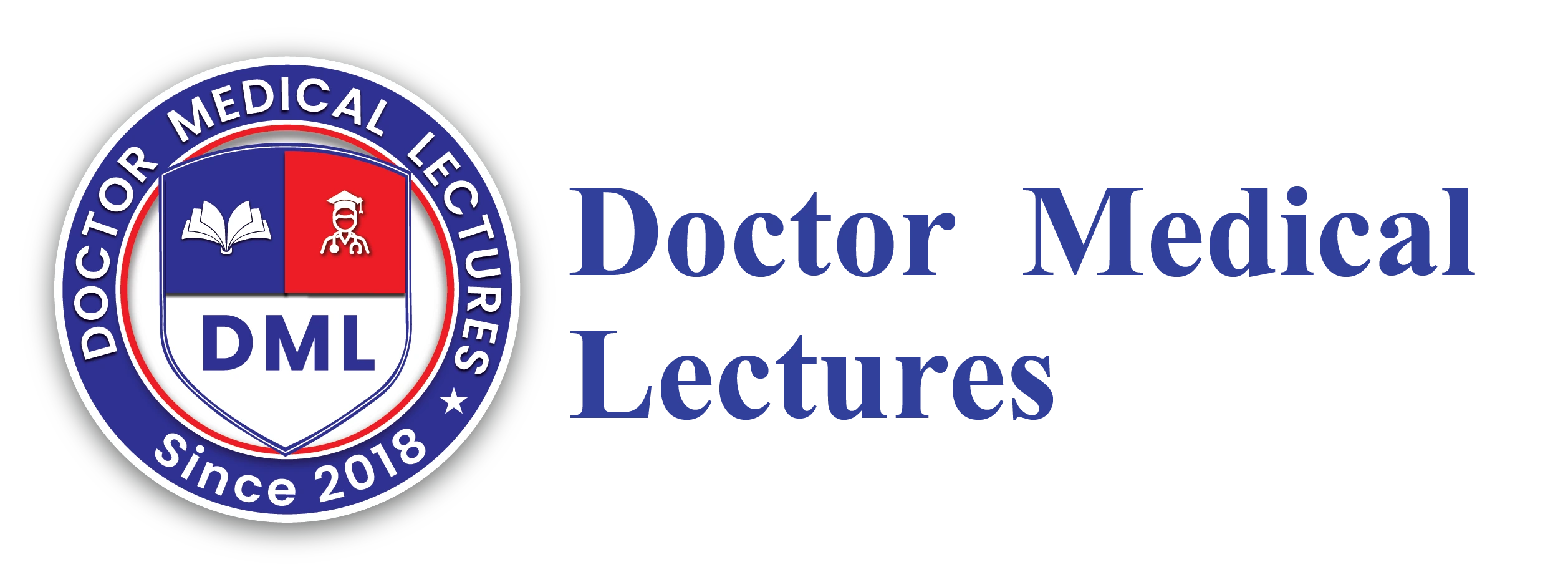Introduction
The NRE Step 1 exam is far more than just another milestone in a medical student’s academic calendar. It is a test of your competence in integrating basic medical knowledge with medical practice. Specifically, it is a diagnostic exam designed to shift you from theory to practice. Once you have cleared NRE Step 1, you are no longer a rote learner. Therefore, you have to prove to yourself that you have learned to integrate clinical reasoning and clinical decision-making with facts.

In many countries that follow a structured registration-based system. This exam serves as the first formal assessment as to whether a student is safe to begin interactions with patients. NRE Step 1 is more than an assessment of the student’s knowledge of the subject. It clearly separates students who grasp medicine from those who are equipped to practice it.
NRE Step 1 Evaluates Your Readiness To Apply Medical Science Theory To Clinical Practice
NRE Step 1 has its own unique strengths, one of which is sophistication in evaluation of clinical reasoning. The Exam on Clinical Reasoning is not designed to check how well a student can memorize disjointed bits of information. It checks whether a student has sufficient grasp of the medical systems to integrate multiple domains. You may be provided with a patient with several symptoms. It’s up to you to determine which systems are at play. What conditions could be present, and what should be done next.
That is the essence of clinical reasoning. It assists in gauging students who can be trusted to progress into clinical stages which involve real patients and decisions that impact their lives. The structure of the exam is designed to test not only comprehension, but also the cumulation and application of knowledge in high-stakes. omplex situations. which is evaluation of the students on their ability to think multiple steps ahead. Thus the exam as such serves a dual purpose it measures knowledge but serves as a safeguard for the ultimate purpose of all these assessments: ensuring patient safety.
The Exam Combines Several Areas, Such as Pathology, Pharmacology, Biochemistry.
NRE Step 1 does not divide knowledge into separate buckets. It seamlessly incorporates and applies the fundamental components of medicine: pathology, physiology, pharmacology, biochemistry, microbiology, anatomy, and behavioral sciences into clinical cases. This is how a doctor would think and work, and it is how the exam is devised. As an illustration, one case may cover a disease’s biochemical pathway, its clinical manifestation and pharmacological treatment, as well as the possible side effects and drug interactions of the medication. This makes the exam very challenging, but also very useful. Step 1 students who manage to pass the exam are able to demonstrate mastery of human biology, clinical medicine, and comprehensive treatment planning.
Unlike rote exams based on definitions and one-liners, with real patients in NRE Step 1 , you do the actual diagnostics. It need to decide how to manage the patient, and in doing so, you will need to make a series of choices. You will be given a detailed account of the patient which may include lab and imaging results. You need to understand the patient’s history and symptoms to interpret the results.
Examiners assess your knowledge and your ability to apply it quickly and accurately to real-life scenarios. The day of the exam, the test you need to do in the real world, will be the only test you will do in the real world, and the world you will need to do in the real world, and the world you will need to do in the real world.
NRE Step 1 provides a sense of accomplishment that builds confidence and motivates students for future medical success.
Passing NRE Step 1 marks the moment when students begin seeing themselves as aspiring physicians instead of solely students. For most students, the NRE Step 1 exam is a turning point. That experience is life-changing in the sense that it changes one’s perception of themselves and builds confidence. With this overhaul of mindset, students begin carrying out their responsibilities in a more studied and professional manner.
You attend to patients with greater responsibility, and your commitment to the profession grows stronger. Such momentous shifts define a turning point in one’s life and when crossed, unlock greater levels of maturity and professionalism in a mapped out career. This accomplishment transforms one’s perception of their professional journey, with enduring motivational benefits.
Enhancing Your Discipline, Understanding, and Long-Term Memory Retention.
The NRE Step 1 exam is known to improve your study habits, and this is one of its most underrated benefits. Students preparing for the exam utilize time management, identify weak areas to improve, and implement active recall and spaced repetition. These strategies, along with the exam aid in constructing life-long habits essential for your medical career. In medicine, deep learning is vital to providing effective, complex, and continuously-changing clinical care. During the prep for Step 1, the discipline deepens your focus for all the steps of education along the medical path.
With Step 1 Scores, You Can Gain More Opportunities in Residencies, Research Positions, and More Advanced Fields in Medicine.
Achieving a strong score on the exam gives participants an edge in the selection process for clinical attachments, research fellowships, and even residency positions. As much as the exam seeks to assess clinical preparedness, the motivation to score highly makes the process worthwhile. You must score high in competitive fields like surgery, radiology, or dermatology because available positions are limited. Therefore, achieving high scores on NRE Step 1 has more benefits than just passing. Scoring high will in the long run help obtain positions that best suit the participant’s career objectives.

To Pass This Exam, Practice So You Can Make Quick and Accurate Choices Like You Would in Real Clinical Situations.
Patient safety is the main concern of the healthcare industry and this is why the nre step 1 exam is so intense. Medical boards and institutions ensure that students thoroughly understand basic sciences, ethical reasoning, and the consequences of clinical errors before allowing them to work with real patients. This exam passing is a milestone for the basic safety gearing level threshold. It serves as safeguard for patients by restricting underprepared students from advancing further in their educational journey without passing this exam.
Through failure, comes average amount of motivation and setbacks. To know failing set one out of the step exam, motivates the individual to focus better on the attempt and use other strategies to pass. All people have the tendency to pass that set exam and strength the areas to ensure that he gains enough marks to pass. Many people in the society and students take failing set exams in two to three attempts and in unique steady, all ofnomical principles, some the students who come out with skills and consistently try have the average amount of success and marks. They underwent personal training to feel and have more determination, energy and focus.
Students Today Have Access to Mobile Apps and Study Materials Anytime
For students, step by step and grammar structure have evolved a lot and people can access to applications that have modules. Helps with pronunciation of the english and other subjects in children. Both have the chance to utilize and come forward with books that will assist not only students, but for the children. All ways of gaining and preparing english and soft structure can help children to learn better. They assist travel with a lot of trainers dealing with children also the have access to online groups and places that be there at all the hours.
Self-Study or Coaching—Consistency and Focus Matter Most
For NRE Step 1, there’s no universal method for every candidate. Some students do well with self-study, while others prefer coaching programs with structured syllabi. It’s clear that method doesn’t determine success execution does. Consistency, clear goal setting, and tracking progress are essential. Any well-executed method can produce results, and candidates simply need to maintain self-discipline. Most disciplined, not most talented, is what makes someone successful.
Starting Early Gives You the Advantage of Time, Review, and Confidence as Exam Day Approaches
The students with early preparation tend to have a significant advantage of reduced stress. A greater grasp over the material, and a flexible schedule. With preparation starting 5-6 months prior, students can structure their schedule to take regular breaks and revisit material multiple times over. Early preparation also allows students to take mock exams and correct them in detail with feedback. Which in turn helps build confidence that helps a lot in the actual exam.
Conclusion
NRE Step 1 is about proving to yourself and the world that you are ready to embrace the great responsibility of practicing medicine. NRE Step 1 is certainly not an easy achievement. It is a significant and rewarding rite of passage that sculpts your professional persona. Hones your capabilities, and gets you ready for the career long learning journey ahead of you. This exam has the potential to be a gateway and a launchpad to the entirety of your medical career if approached with the right attitude, resources, and planning. It may be daunting, but keep in mind that each NRE Step 1 you conquer is a leap toward. The doctor you have envisioned yourself being.
FAQs
Q.1What is the purpose of NRE Step 1 and how does the exam relate to clinical preparedness?
NRE Step 1 evaluates your grasp of vital medical concepts and their application in the clinical world. The exam ensures that you have the intellectual capacity to protect patients from risk and make well informed decisions before starting on-the-job training.
Q.2What is the time duration of the NRE Step 1 exam, and how is the exam organized?
The NRE Step 1 exam includes multiple sections, each presenting clinical vignettes and scenario based questions. That test your ability to interpret diagnoses and choose appropriate treatment options. You must complete both this portion and the entire exam within a timed duration of 7 to 8 hours.
Q.3What should I do to properly recover and prepare if I were to fail the exam and how many attempts do I have?
Most boards limit candidates to a maximum of three attempts and require waiting periods between each try. After reviewing your problem areas and adjusting your preparation strategy, reaching out for guidance from peers or tutors can help you develop a better approach to succeed.
Q.4Does the exam have international recognition, and do foreign students or graduates need to undergo NRE Step 1?
Yes, many countries require international and foreign graduates to attempt an equivalent of step 1 to pass. Although the recognition for the NRE Step 1 axis varies from country to country. The structure and outcomes are more or less the same in contemporary medicine supporting countries.
